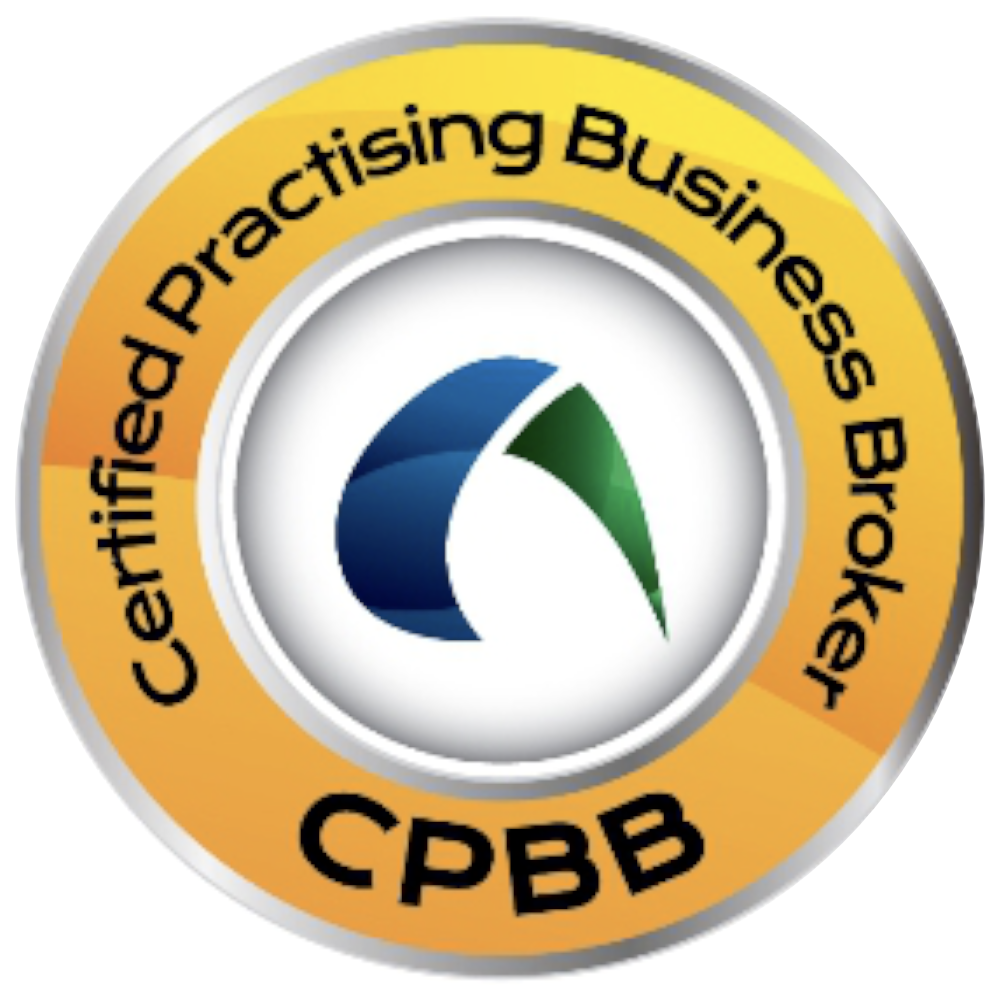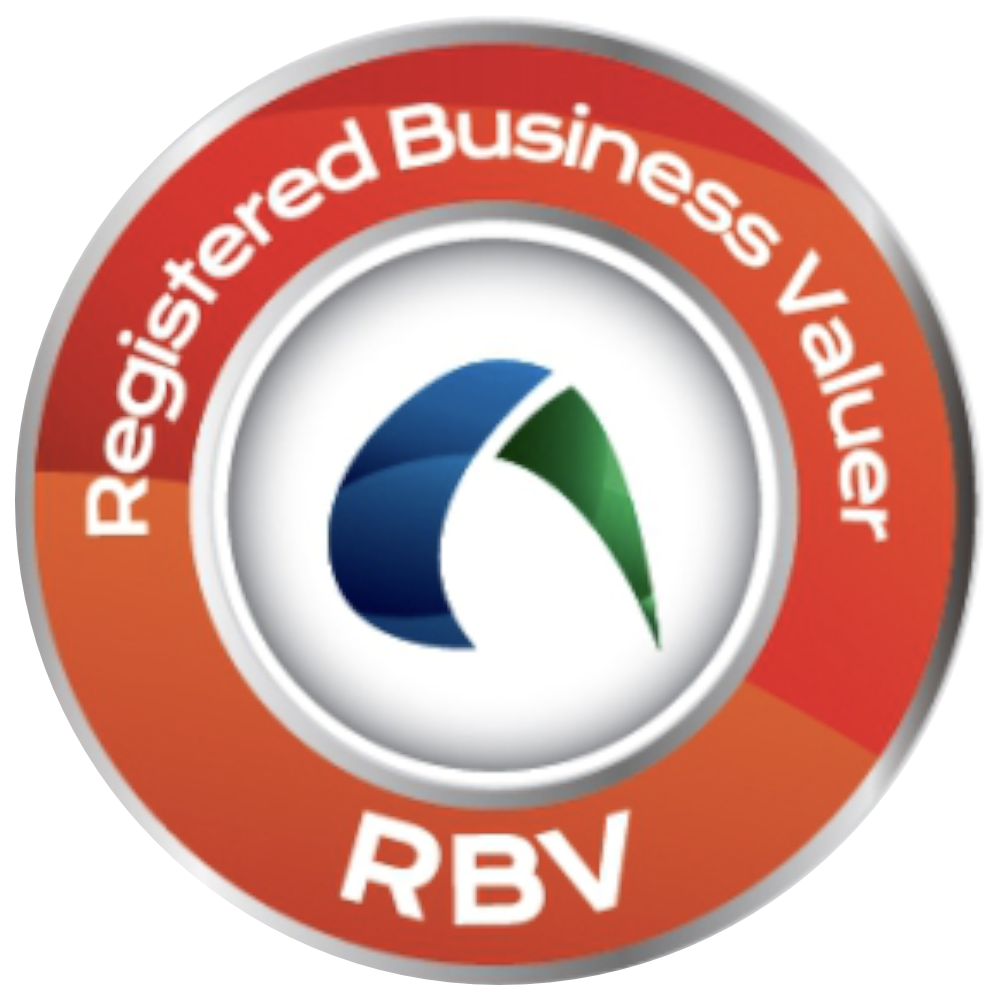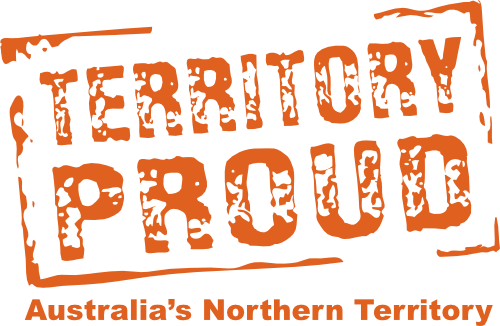Why Buy an Independent Business?
Business ownership is one of the key strategies for wealth creation to assist people take control of their own destiny and future retirement. Despite its risks, there are many benefits to business ownership over working for a salaried income. Some advantages include:
- Significantly lower tax rates – the company tax rate for small business is only 27.5%. This is far lower than the marginal tax rate of 32.5% for anyone earning over $37k pa;
- Abundance of tax deductions – As a salaried wage earner, deductions are quite limited, however, Small Businesses can claim up to hundreds of thousands of dollars annually for business expenses;
- Business owners pay tax after they earn income – wage owners pay before they receive it;
- Flexibility of working hours – business owners are their own boss – if you want time off, you arrange it - you aren't relying on someone else's discretion;
- Scalability of income – Small businesses can grow into large businesses – owners leverage the 2 key factors of labour (employees) and money (debt) to increase income to levels well beyond that ever achievable for an individual alone who only has 40-60 hours possible work time per week;
- Do what you love – in business, you should aim to enter an industry and do the things you enjoy;
- Flexibility of work environment – many businesses can operate from a home office;
- Ability to adapt to changing economic conditions – business owners can reduce expenses or increase marketing if their revenue drops – they have some control over their destiny. Wage earners have minimal control - if business earnings drop, employees are often the first to have their hours or conditions cut.
- Public recognition – marketing and association with a strong brand can boost an individual’s public profile;
- Access to credit – although credit can be tight in the early stages of business, mature businesses often have access to levels of credit at interest rates beyond the comprehension of the general population.
- Family employment and job security – a business can provide income streams for entire families not just individuals;
- Visa and migration reasons – Business Migration is one of the easiest ways to access permanent residency for migrants and their families.
What are the Downsides of owning a Business?
Like any investment class, business is also associated with risk. Some of these include:
- Long hours – Small Business Owners often work more than 40 hours per week, but they own the business and therefore gain the benefit of their work;
- Extra responsibility – the buck stops with the owner for their business results, their clients, suppliers and employees;
- Multiskilling – Small business owners generally need to learn a multitude of skills along their business journey including HR, book keeping, management, finance, marketing etc. While many may seem daunting at the outset, most are straight forward tasks that quickly become second nature;
- Cash flow management – unlike earning a wage, many small businesses (especially in the early phase) don’t have the security of guaranteed regular income. Income can be spasmodic, coming in irregular amounts at irregular times. Owners need to budget for this and control their expenses accordingly;
- No paid holidays, public holidays or sick leave – if the owner wants a day off, they need to arrange their workflow, forgo the income or pay someone else to cover.
How can Territory Business Sales Assist with your Business Purchase?
Territory Business Sales sells businesses on behalf of existing business owners. We welcome any enquiry on these businesses as part of our normal sales process.
In addition, we also offer a consultancy service for people looking to purchase a business either directly from an owner as a private sale (including employee transactions) or through another broker. Appropriate, timely professional advice in these cases can save you hundreds of thousands of dollars. Our consults generally cover some or all of the following topics:
- Likely Fair Value range for the business (based on info we arrange for you to provide);
- Discussion of the suitability of the business for yourself and compatibility with your longer term goals and key abilities;
- Finance discussion – what is your likely borrowing capacity and actual budget;
- Extra information you should collect as part of the Due Diligence process;
- How do you undertake Due Diligence, who do you involve and when;
- Key legal contacts with extensive industry experience to minimise your legal expenses as well as to help protect yourself;
- Key industry benchmarks for these types of businesses and comparison with yours;
- Discussion of the local & national economic environment, trading conditions and potential considerations moving forward.
- Business and accounting support contacts to assist you moving forward;
- Business structure options for you to proceed;
- Outline of principal legal issues you will need to consider;
- Advice with regards to negotiating the price.





